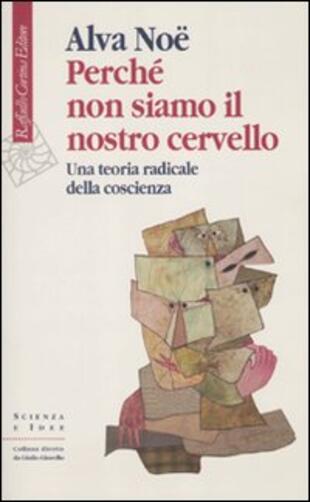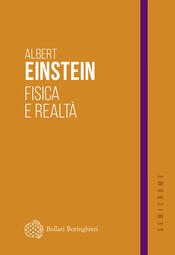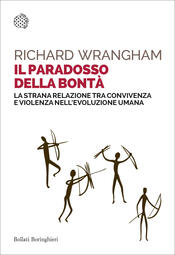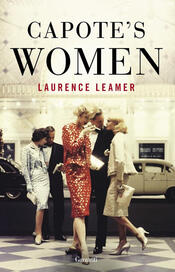

Sinossi
Come diceva il poeta Novalis, alla base di ogni grande disciplina scientifica si annida una sorta di mito fondatore che motiva la ricerca ma rischia di cristallizzarsi in una gabbia intellettuale. Nel caso delle attuali neuroscienze il mito per eccellenza è che la coscienza sia qualcosa che sta nella nostra testa e che noi possiamo comprendere solo "guardando" dentro il cervello. Ma così si perde ogni connessione del cervello con il resto del mondo e si resta schiavi del dogma cartesiano che vedeva la coscienza come "qualcosa che accade" solo entro il soggetto. Alva Noë, invece, l'intende come "qualcosa che facciamo" interagendo con l'ambiente circostante. Si tratta di una proposta "provocatoria e stimolante, che costringerà esperti e largo pubblico a rivedere qualunque ortodossia in fatto di mente", come ha osservato Daniel Dennett: una proposta che non mira solo a riqualificare vecchi problemi della filosofia, ma ad aprire nuove strade alla pratica scientifica.
- ISBN: 8860303451
- Casa Editrice: Cortina Raffaello
- Pagine: 215
- Data di uscita: 18-03-2010
Recensioni
“Brains don’t think. The idea that a brain could represent the world on its own doesn’t make any more sense than the idea that mere marks on paper could signify all on their own (that is, independently of the larger social and practice of reading and writing.) The world shows up for us thanks to our Leggi tutto
Amazon Review: Noë turns Descartes's famous statement on its head: I am, therefore I think, says Noë. The author, a philosopher at UC-Berkeley, challenges the assumptions underlying neuroscientific studies of consciousness, rejecting popular mechanistic theories that our experience of the world stems Leggi tutto
I was expecting more getting into this book. I was disappointed by the general argumentative style and in general the lack of precision and depth in Noe's arguments for the holistic view of consciousness. Too much ink is spent on condemning the orthodox "Cartesian" neuroscience but not enough develo Leggi tutto
I thought this book had great insights about the nature of consciousness as inherently an interaction between an individual and the world. I loved his description of consciousness as being more like dancing than digestion. The book is very phenomenological and Heideggerian in that respect. It's less Leggi tutto
A letter to my friend who gave me the book: Hi Irwin, I had to stop reading Out of Our Heads when school began, but have now finished--a very interesting read! Thanks very much for sending it to me. Alva Noë is obviously right that consciousness couldn’t have come about except through our purposeful i Leggi tutto
Citazioni
Al momento non ci sono citazioni, inserisci tu la prima!























